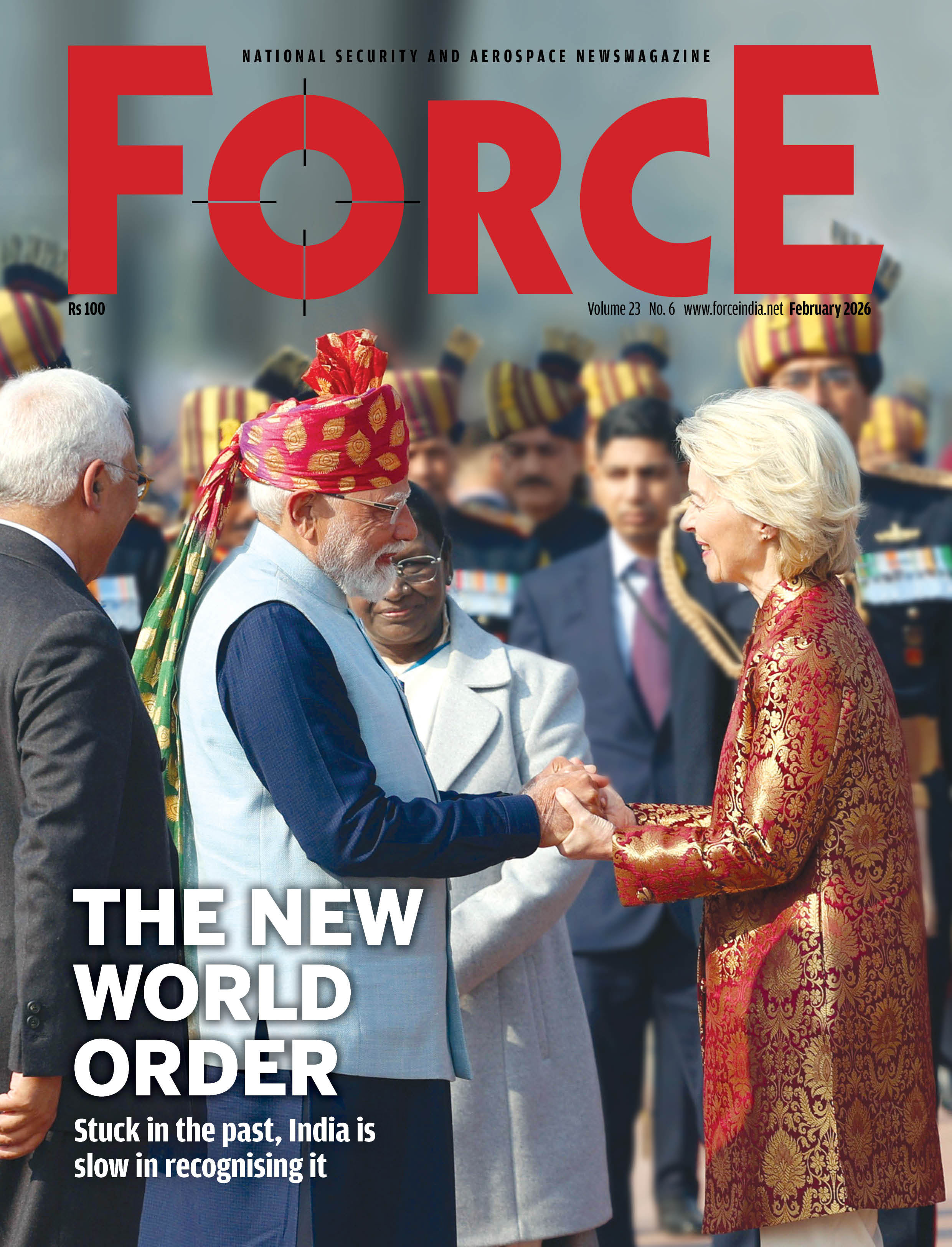The Great Game
How geopolitics and obscurity robbed Tibet of its autonomy. An extract
Dilip Sinha

India’s main priority in the UN during this period was to secure China’s seat for the new Communist regime, displacing the Nationalists who had taken refuge in Taiwan. Nehru informed India’s Permanent Representative to the UN, Benegal Narsing Rau, that the invasion of Tibet did not affect India’s position on China’s claim to UN seat. Rau in fact claimed that India’s support for Communist China’s case was aimed at deterring any potential invasion of Tibet. In an interview with the Columbia Broadcasting System, he contended that had Communist China been made a UN member, it would not have invaded Tibet: ‘The very fact that it might have been called upon to account for its actions before a world tribunal might have deterred any invasion.’
India’s reaction to Tibet’s appeal underwent change as it further crystallized. On 16 November, the external affairs ministry communicated to its New York mission a preference for the matter to be considered by the Security Council rather than the General Assembly. It asked the mission to approach Britain and the US—and if they agreed, to impress upon El Salvador the need for postponing the matter. The ministry then directed the mission to endorse the proposal for consideration but avoid using recrimination or strong rhetoric that could impede a peaceful settlement.
India ultimately decided not to support Tibet’s appeal and limited itself to urging China to respect Tibet’s autonomy—not independence—and peacefully resolve the issue without resorting to arms. Foreign Secretary Menon rationalized this about-turn in an internal note, stating that ‘in the first flush of our indignation against the Chinese invasion of Tibet, we said that we would support this appeal, though we would not sponsor it’. But the idea for such a debate was dropped because it was deemed to be not
Subscribe To Force
Fuel Fearless Journalism with Your Yearly Subscription
SUBSCRIBE NOW
We don’t tell you how to do your job…
But we put the environment in which you do your job in perspective, so that when you step out you do so with the complete picture.








 VIDEO
VIDEO